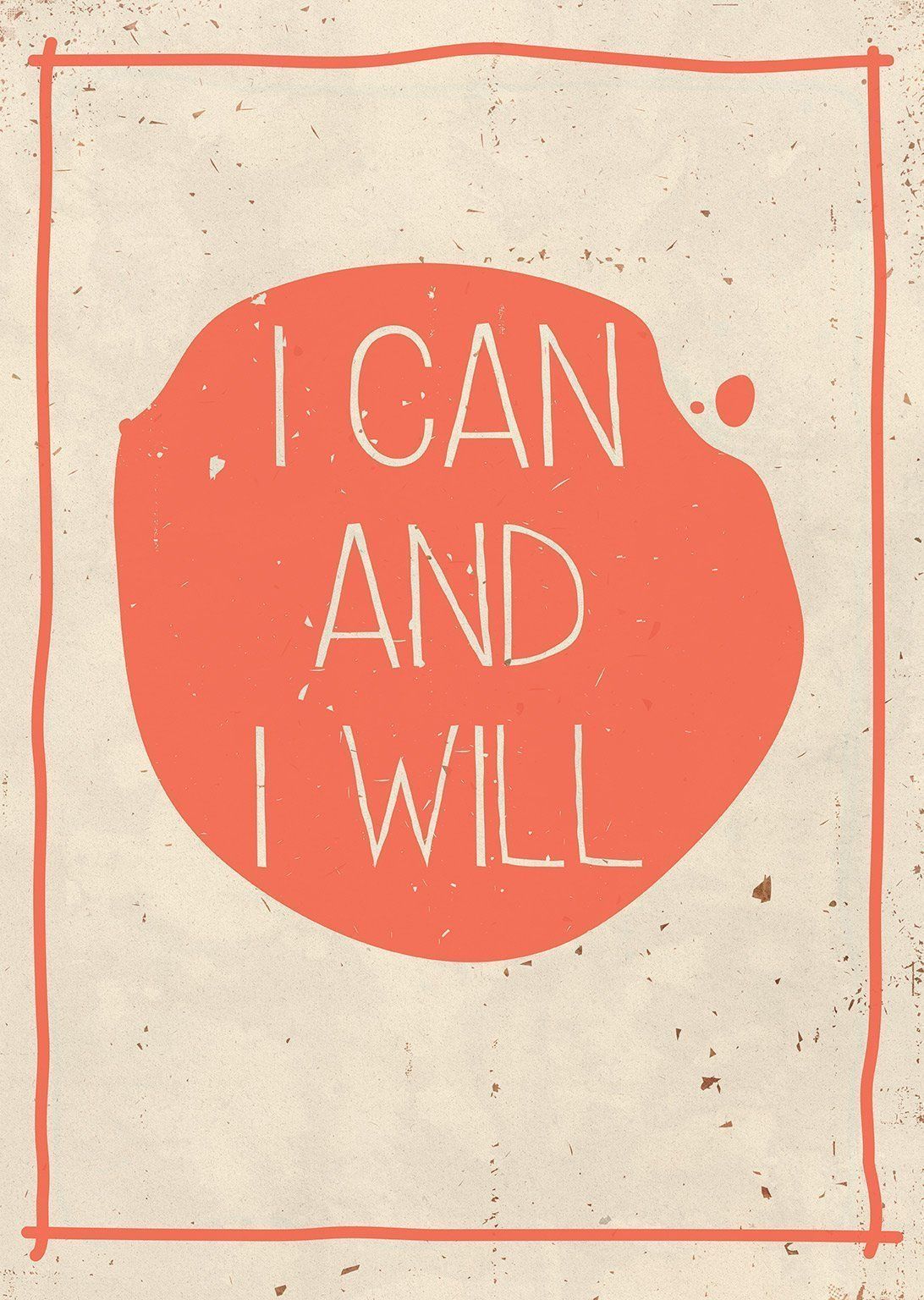The authenticity of self-care
Beyond the buzzword and trend.

What is self-care?
The word self-care is trending, but what does self-care mean? The Oxford Language Dictionary defines self-care as the practice of taking an active role in protecting one's own well-being and happiness, in particular during periods of stress.
Self-care practices are personal and can look different from person to person; there is no correct or wrong way to do self-care. Self-care is not a one-size-fits-all concept; what works for one person may not work for another. Still, we can all agree that Self-care aims to create intentional, deliberate, and sustainable activities and practices that nurture, support, and enhance oneself and quality of life.
Self-care comes in different forms. It could look like spending time with a beloved pet, learning a new instrument, stretching for a couple of minutes, watching the light of a burning candle, or enjoying a warm cup of tea or coffee.
Continue reading to discover five actionable and sustainable steps you can take today to incorporate self-care into your busy schedule.
Personalizing self-care
Self-care is more effective when tailored to your unique needs, preferences, and circumstances. Self-care doesn't have to be complicated and doesn't always need to include alone time, and you have the freedom to define your self-care practices in your way, on your terms; there are no rules, and you can incorporate self-care into various aspects of self and life, which could mean physical health, mental health, emotional well-being, and spiritual or social life domain.
What are the benefits of self-care?
Self-care practice can improve quality of life, facilitate personal growth, and encourage self-compassion and acceptance. Also, according to the National Institute of Mental Health, Self-care can help improve physical and mental health, increase energy, help manage and reduce stress, and lower the risk of illness. Self-care aids burnout prevention and can help us deal with stressors and challenges proactively instead of reactively. Self-care practices can also help us lower healthcare costs and increase a sense of well-being. Pay, C. (2022).
Roadblocks to staying consistent.
Demanding schedules, numerous responsibilities, and deadlines can create a challenge in making time for self-care, and staying consistent can be challenging, especially when we have conflicting priorities and responsibilities.
Incorporating Self-care
Incorporating self-care as part of our routine can transform your day and help you approach life with gratitude and service. The first start is recognizing that self-care is not selfish; on the contrary, self-care is necessary. Have you ever noticed any difference in your mood, performance, and overall day when you feel energized, refreshed, and content? Versus when you feel overwhelmed and rushed? These are different energy vibes; one is filling and empowering, while the other may feel draining and exhausting, and it certainly affects how we show up and perceive our day.
My Journey with Self-care.
Ever heard the saying, "You can't pour from an empty cup"? It's true. I've experienced it firsthand. I used to exhaust myself, pouring into my career, family, and other responsibilities, neglecting my well-being. Initially, I didn't realize my cup was empty, but my body sent signals. I felt constantly drained, mentally and physically, no matter how much I slept. Concentration became a struggle, and headaches and sugar cravings emerged, yet I kept overextending myself, ultimately leading to burnout. Though a harsh lesson, it taught me valuable skills to ensure I pour from a full cup that replenishes as I give.
Getting Started
So, suppose you are curious about how you can start incorporating a self-care practice that works for you and fits into your busy schedule, but you don't know where to start; in that case, I invite you to grab a pen and paper and use these self-reflecting questions to help you get started. Remember, sustainable self-care practices are personal; all sizes don't fit all.
1.
Ask yourself: What Activities Currently Bring Me Joy? Or What Activities Used To Bring Me Joy That I May Still Enjoy Today?
- Implementation Step Idea: Consider taking a few minutes to think about activities that genuinely bring you joy and happiness; write down two to three activities you may want to explore and schedule at least 10 to 15 minutes daily to engage in the activities.
2. Ask yourself: When Do I Feel Most Relaxed?
- Implementation Step Idea: Consider setting an intention to notice and become aware of the moments during your day when you feel most relaxed and at ease, and make time each day for relaxation, even if it's just 5 minutes.
3. Ask yourself, What Energizes Me?
- Implementation Step Idea: Think of activities or experiences that boost your energy levels, such as listening to music or spending quality time with family or friends. Consider setting an intention to dedicate some time each week to engage in activities that recharge your energy.
4. Ask yourself: What Nourishes My Body?
- Implementation Step Idea: Consider reflecting on your eating habits and set an intention to identify what meals or snacks help you feel energized, satisfied, and healthy. Consider incorporating more of the foods that make you feel your best.
5. Ask yourself: What Small Changes Can I Make Today?
- Implementation Step Idea: Consider setting a goal to start with a small, minimal commitment, low-resistant change you can make today to prioritize self-care, and gradually build on it as you become more comfortable with your self-care routine. A small change could be practicing deep breathing exercises.
Takeaways and next steps:
Remember, self-care is a personal experience; only you can create your ideal self-care routine; you know yourself best. Consistency is vital, so it's essential to maintain some level of self-care, even during busy periods, to reap its benefits.
As you embark on your self-care journey, you may encounter life challenges that make it difficult to stick with a self-care routine. You may experience guilt for taking time for yourself or pressure to let other priorities take cover. Here are some additional tips that may be helpful as you embark on your self-care discovery journey
Tips to Consider:
Prioritize Harmony instead of Aiming for balance: It's not an either-or situation; you can find Harmony between self-care and caring for others by remembering that the energy and time commitment required for each area may vary daily.
Alleviate feelings of guilt: Setting realistic expectations and recognizing them is critical; it is unrealistic to think that you can be everything to everyone all the time; you are free to decline additional responsibilities or commitments when they interfere with your self-care practice.
Anchor your self-care practice to an existing habit or routine. For example, play your favorite song as you dress in the morning or before bed.
Use Reminders: Setting an alarm, a calendar notification, or reminders can help you stay consistent by reducing the chances of forgetting to take action toward your self-care practice.
Visual Tracking: Using a visual chart, a journal, or a calendar where you can mark off each day can help provide you with accomplishment and motivation to keep going.
Celebrate yourself often: After completing your self-care routine consistently for one day, week, or month, acknowledge and celebrate your progress.
And lastly, remember that detours and setbacks are all part of the journey; keep moving forward.
Take a small step today toward a healthier, happier you! It might seem small, but you'll be surprised how much of a difference it can make in your overall well-being.
Reference: National Institute of Mental Health (2022). Caring for Your Mental Health. NIMH. Retrieved September 9, 2023, from https://www.nimh.nih.gov/health/topics/caring-for-your-mental-health
Pay, C. (2022). Making Time for Self-Care. Utah State University Extension. Retrieved September 9, 2023, from https://extension.usu.edu/healthwellness/physical/making-time-for-self-care
RevGirl Blog









